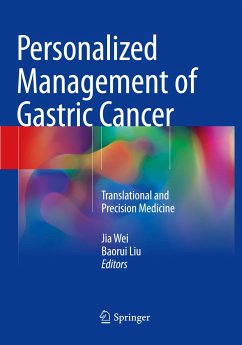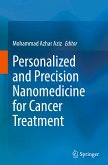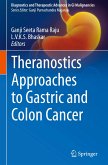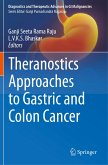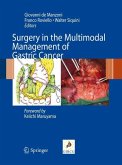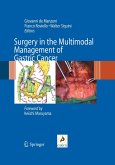This book offers essential information on basic and translational research in gastric cancer, while also illustrating potential opportunities for its application in clinical practice. Gastric cancer is the fourth-most-common cancer globally and the second-leading cause of cancer deaths. It is known to be a heterogeneous disease with varied responses to "one-size-fits-all" treatments. Expanding our knowledge of cancer cell genetics may help us to explore more effective treatments in gastric cancer. The research on molecular mechanisms and its clinical applications, both presented here, will help readers gain an in-depth understanding of gastric cancer and its effective treatment.
The book's four sections cover personalized medicine, precise regional therapy, immunotherapy and nanomedicine in gastric cancer. Each part presents the state of art, recent advances and the authors' experiences. Moreover, several interesting cases are described to demonstrate how gastric cancer patients benefit from translational research. This informative and attractively presented book on precision treatment in gastric cancer, including experimental findings and clinical treatment options, offers a valuable resource for oncologists and graduate students working in the field of gastric cancer.
The book's four sections cover personalized medicine, precise regional therapy, immunotherapy and nanomedicine in gastric cancer. Each part presents the state of art, recent advances and the authors' experiences. Moreover, several interesting cases are described to demonstrate how gastric cancer patients benefit from translational research. This informative and attractively presented book on precision treatment in gastric cancer, including experimental findings and clinical treatment options, offers a valuable resource for oncologists and graduate students working in the field of gastric cancer.

